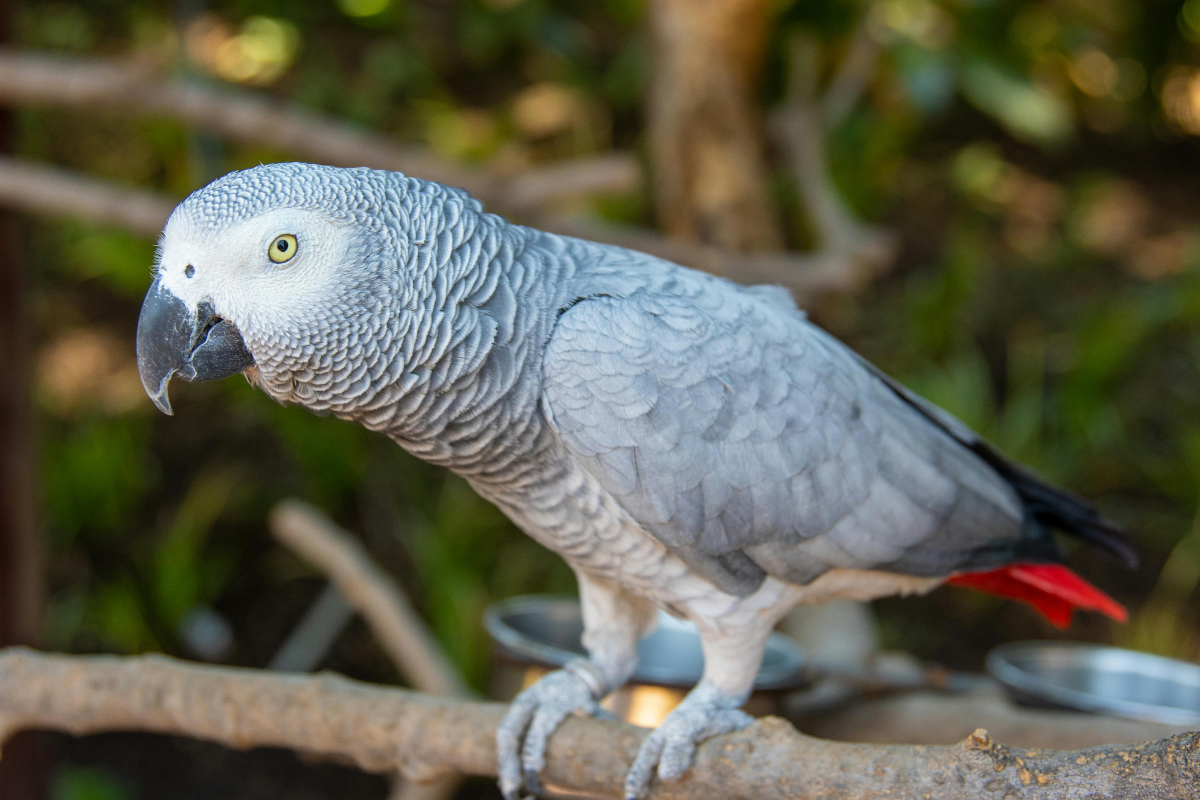A British Wildlife Park Plans To Rehabilitate Their Swearing Parrots


In a twist of avian audacity, a British wildlife park has found itself grappling with a feathered problem: foul-mouthed parrots. These mischievous parrots—specifically, African gray parrots—have been letting off a barrage of profanities that have embarrassed the Lincolnshire Wildlife Park. And now, the park has hatched a cunning plan to reform these feathered offenders.
In 2020, the park received a donation of five of these cursing birds. Their profanity, which sounded like a wild bar brawl, made onlookers laugh and cringe. The park’s staff separated them from the other birds so they could clean their vocabulary. But the outcomes were mediocre at best.
The Rehabilitation Plan
But now the park has introduced three new recruits: Eric, Captain, and Sheila— a trio of birds with a penchant for profanity. These newcomers, plus the other five swearers, like rebellious students in a reform school, are being integrated into an existing flock of 92 non-swearing parrots.
The park’s chief executive, Steve Nichols, shared his insights with CNN. “When we came to move them,” he recounted, “the language that came out of their carrying boxes was phenomenal, really bad. Not normal swear words, these were proper expletives.” Nichols continued, “We’ve put eight really, really offensive, swearing parrots with 92 non-swearing ones.”
The stakes are high. If this risky plan pans out, the eight parrots may pick up the socially acceptable language of their contemporaries—the sweet beeps of microwaves and the swishes of cars.
Yet, there lies a dangerous precipice. Should the non-swearing majority succumb to the allure of profanity, the wildlife park could transform into an “adult aviary.” As of now, visitors are greeted by large signs warning them of the parrots’ linguistic escapades. But historically, the parrots have been more courteous than some humans. “We did hear a lot more customers swearing at parrots than we did parrots swearing at customers,” Nichols confessed. Perhaps the parrots are merely reflecting the complex web of human emotion.
Source link : travelnoire.com
























































